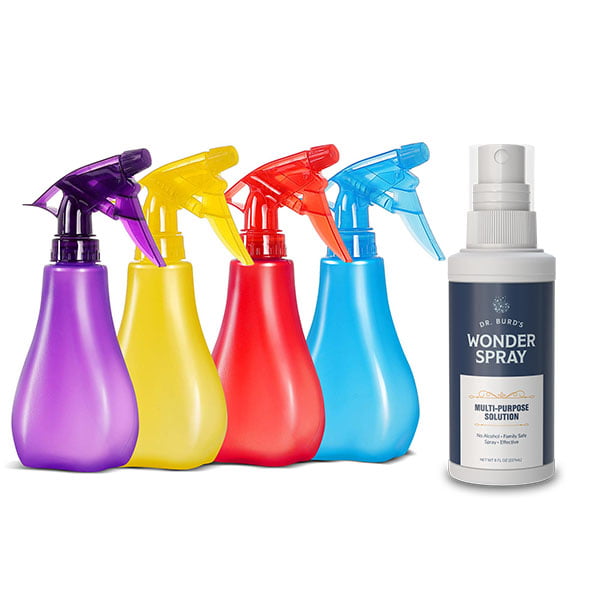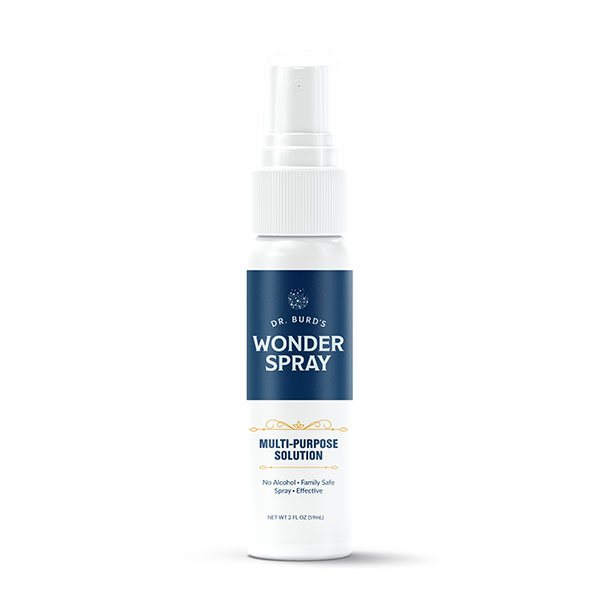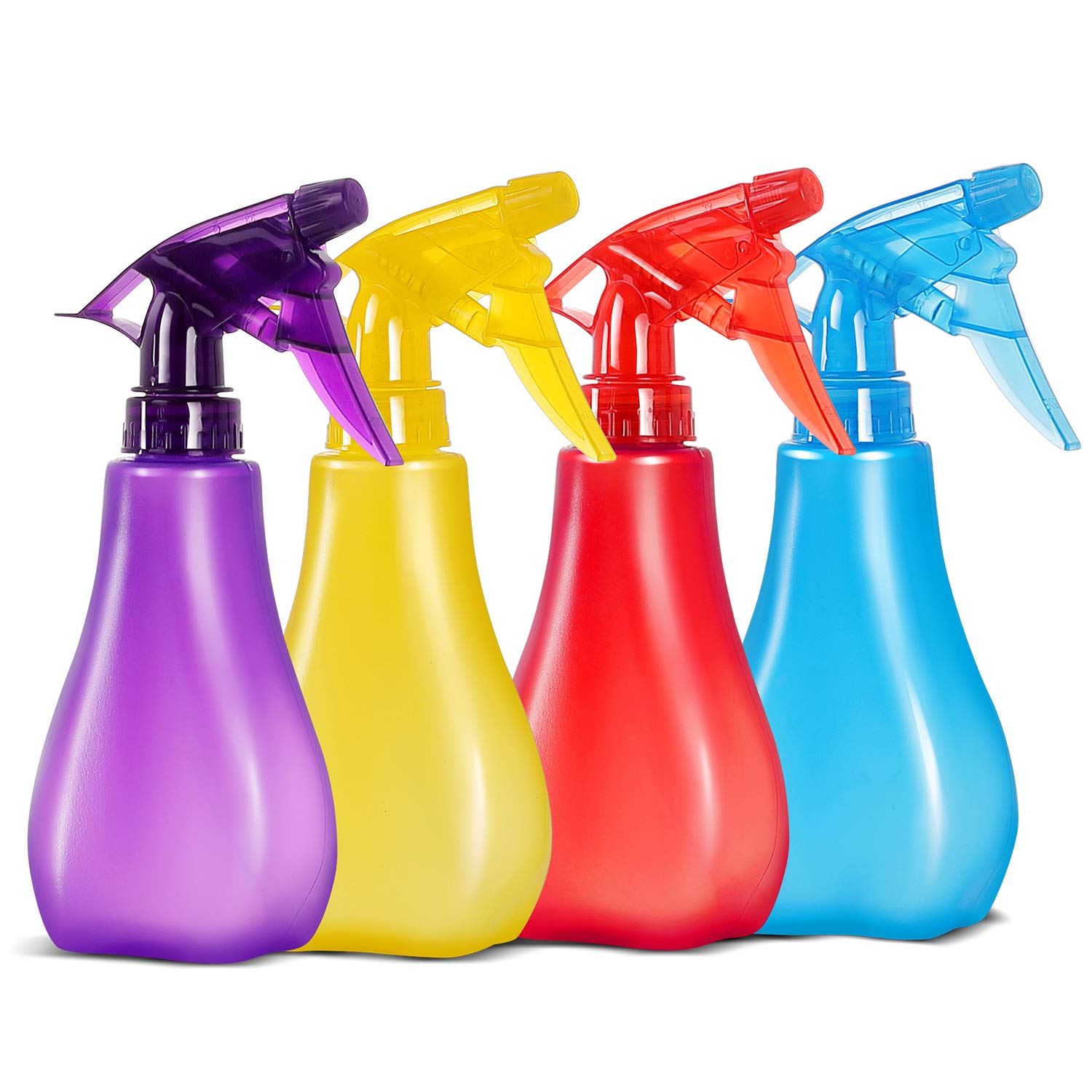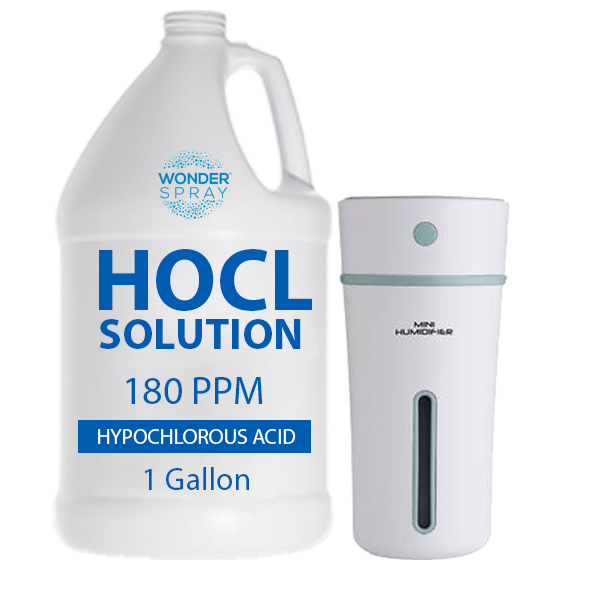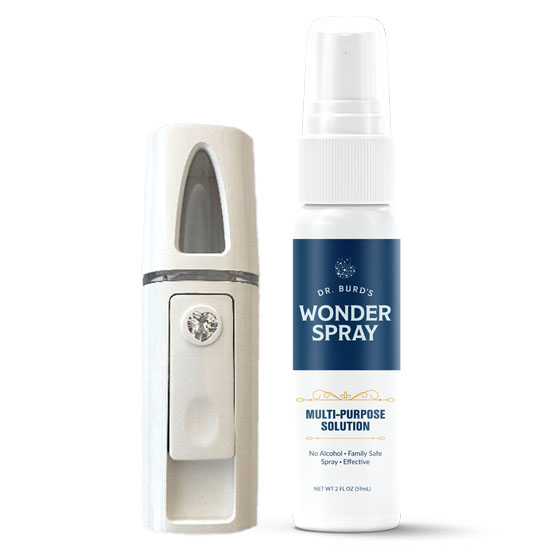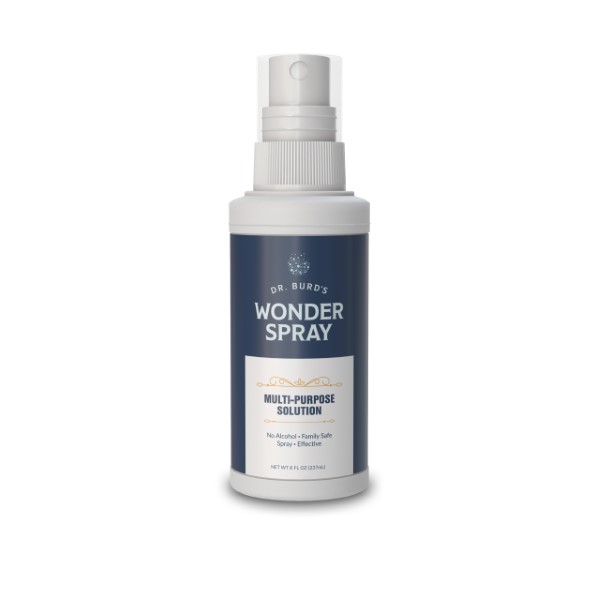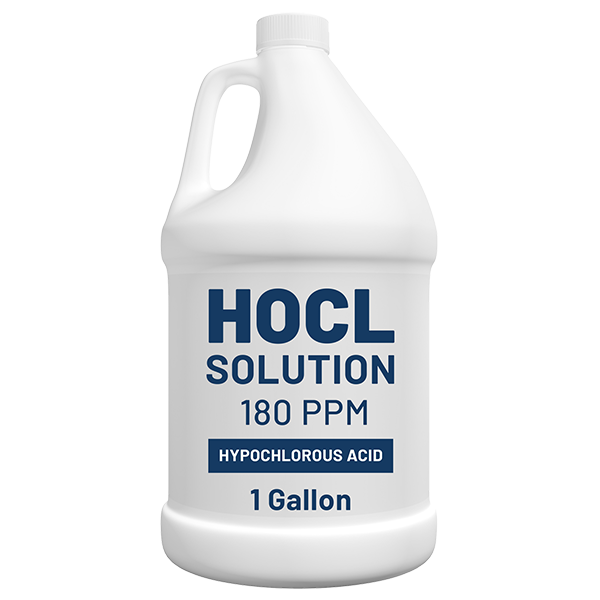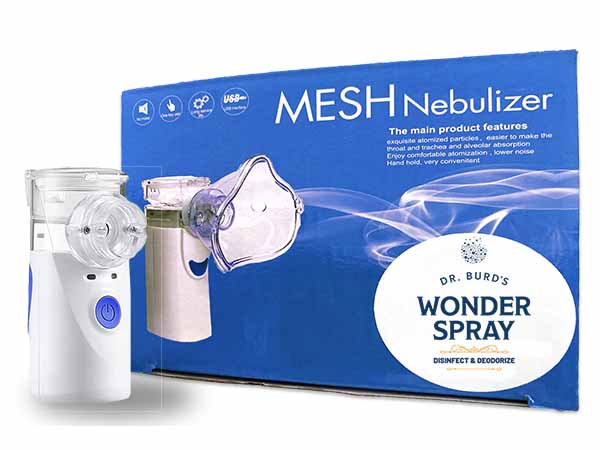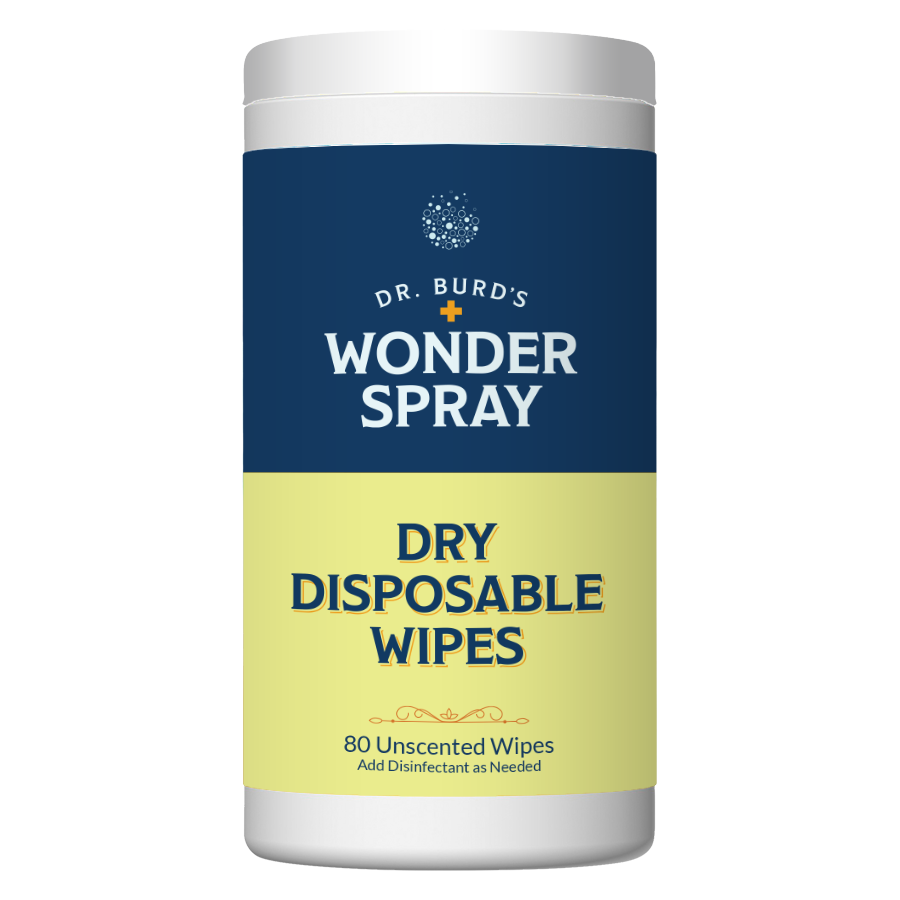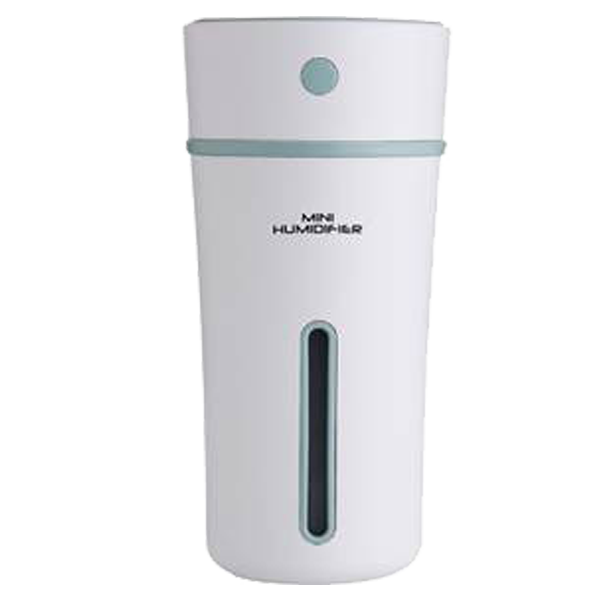Seasonal allergies can be quite frustrating and annoying. The sneezing, runny nose, and itchy eyes can make everyday activities a nightmare. If you’re one of the millions of people who suffer from seasonal allergies, you know how hard it can be to find relief. But, there are ways to combat the symptoms of seasonal allergies. Follow these ten tips to find relief from seasonal allergies.
1. Keep your home clean
Dust, mold and pollen can easily accumulate in your home, triggering seasonal allergies. To reduce allergy symptoms, you should regularly vacuum and dust your house. You can also use a dehumidifier to control humidity levels and prevent mold growth.
2. Use air filters
Installing air filters in your home can also help to reduce the amount of pollen, dust, and mold in the air. Air filters trap these allergens, keeping them from circulating in the air, reducing symptoms of allergies.
3. Monitor pollen counts
It’s essential to keep an eye on pollen counts, especially during allergy season. Pollen levels are highest during the early morning hours, so try to keep your activities indoors during this time. Check online daily for pollen count updates, and try to avoid going outside during days with high levels.
4. Use antihistamines
One of the most common ways to treat seasonal allergy symptoms is with antihistamines. These drugs work by blocking the effects of histamine, a chemical the body releases in response to allergens. Antihistamines can be bought over the counter, and they come in a variety of forms such as tablets, nasal sprays, and eye drops.
5. Try nasal steroids
Nasal steroids work to reduce inflammation in the nasal passages which can cause congestion and other allergy symptoms. While they are widely available over the counter, it’s essential to use them under your doctor’s supervision.
6. Take a shower
Taking a shower can help clear any pollen or allergens that may have attached to your body. Showering can also help to reduce symptoms such as itching and congestion. If showering isn’t possible, washing your face and hands can also be helpful.
7. Avoid triggers
Identifying the triggers of your allergies is essential to reducing symptoms. Keep track of the times when you experience allergy symptoms and try to avoid any potential triggers such as pet dander, mold, or pollen.
8. Use saline sprays
Saline sprays are helpful in reducing nasal congestion and irritation caused by allergies. These sprays add moisture to the nasal passages, making it easier to breathe. They can be used multiple times throughout the day and are available over the counter.
9. Eat healthy
Eating a healthy diet can help boost your immune system and reduce seasonal allergy symptoms. Foods rich in vitamin C and beta-carotene, found in fruits and vegetables, can help reduce inflammation.
10. Get enough sleep
Getting enough sleep is crucial in helping to reduce allergy symptoms. When you’re tired, your body is less equipped to deal with environmental factors that can trigger allergies. Try to get at least seven to eight hours of sleep each night.
In conclusion, seasonal allergies can be challenging to deal with, but there are ways to find relief. It’s essential to keep your home clean, use air filters, monitor pollen counts, use antihistamines, try nasal steroids, take a shower, avoid triggers, use saline sprays, eat healthy, and get enough sleep to reduce symptoms. By following these ten tips, you can manage your allergies and enjoy the seasons without any allergy symptoms. Talk to your doctor if your symptoms persist.

